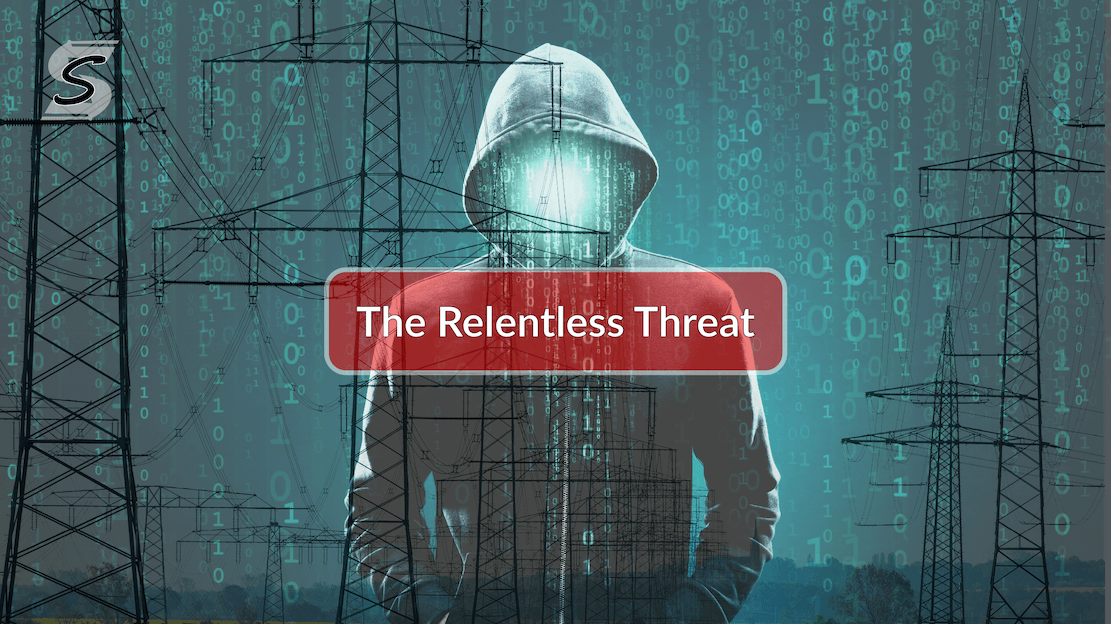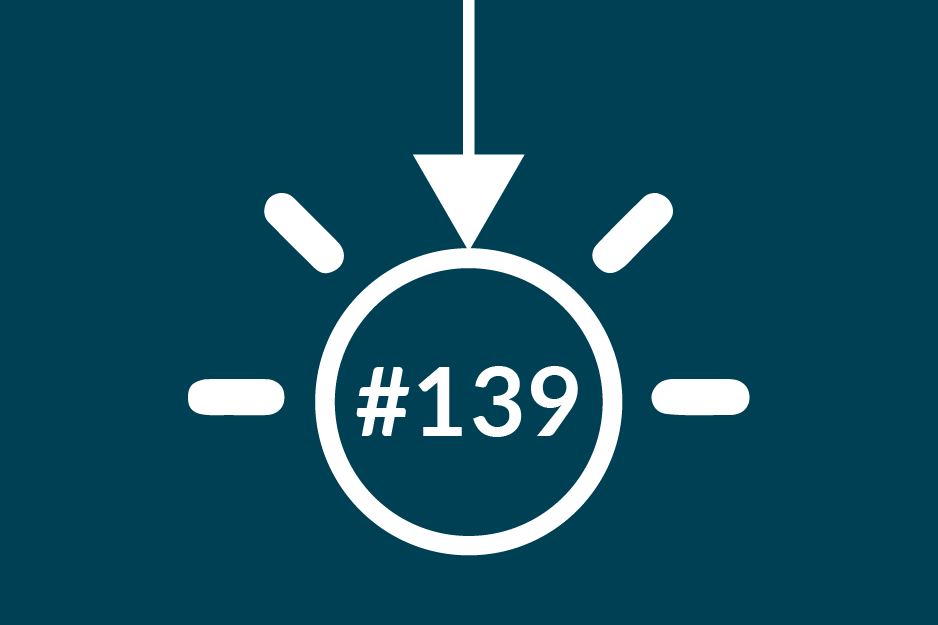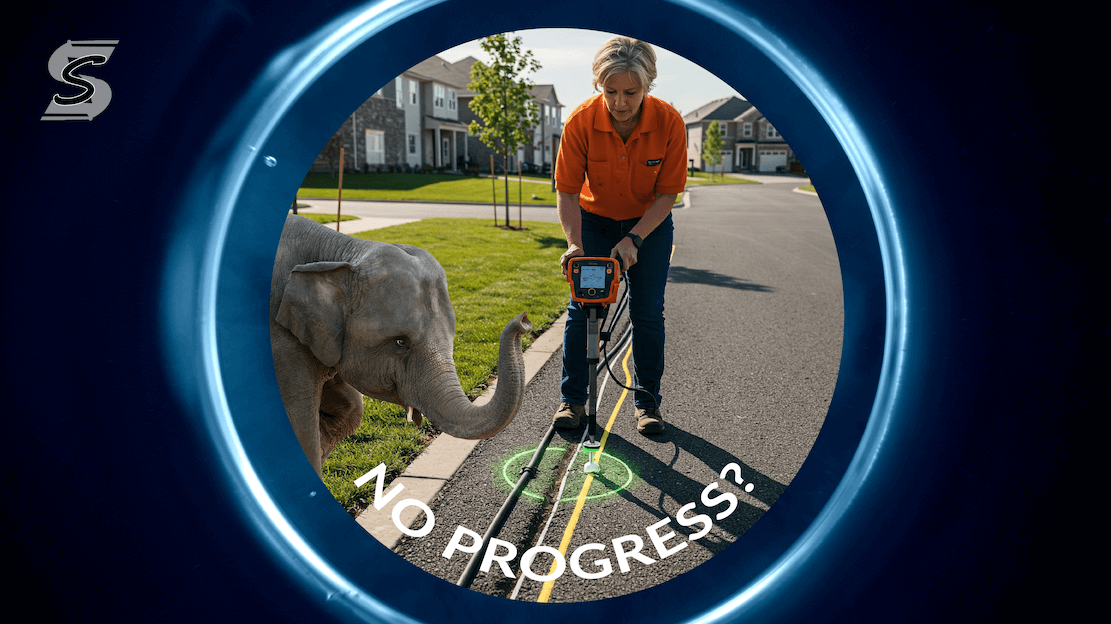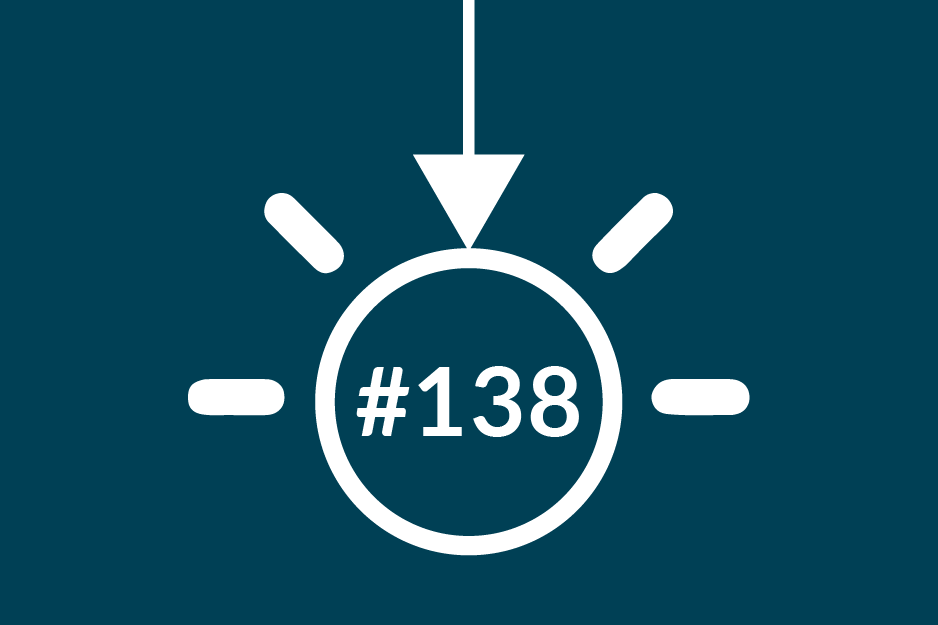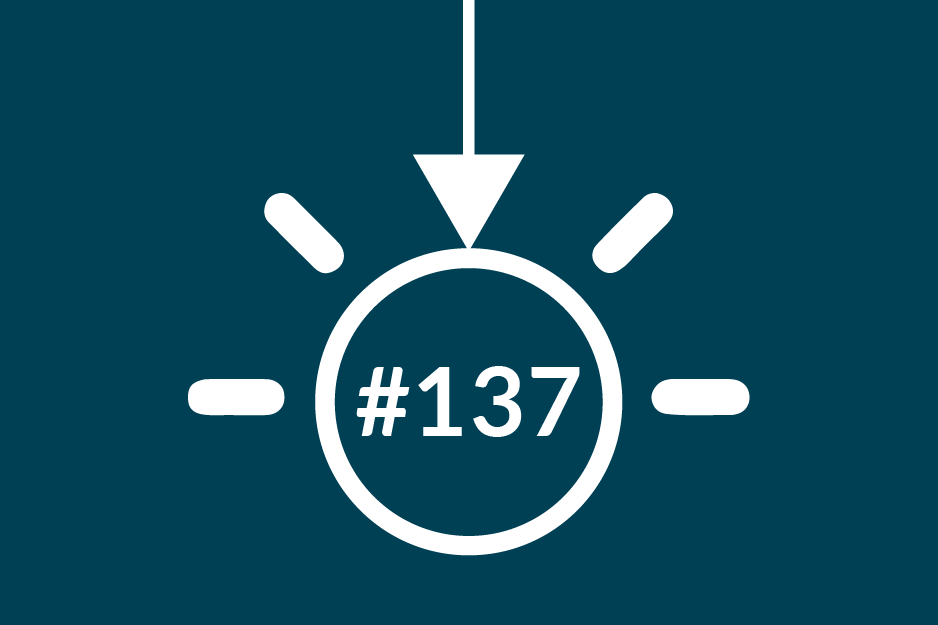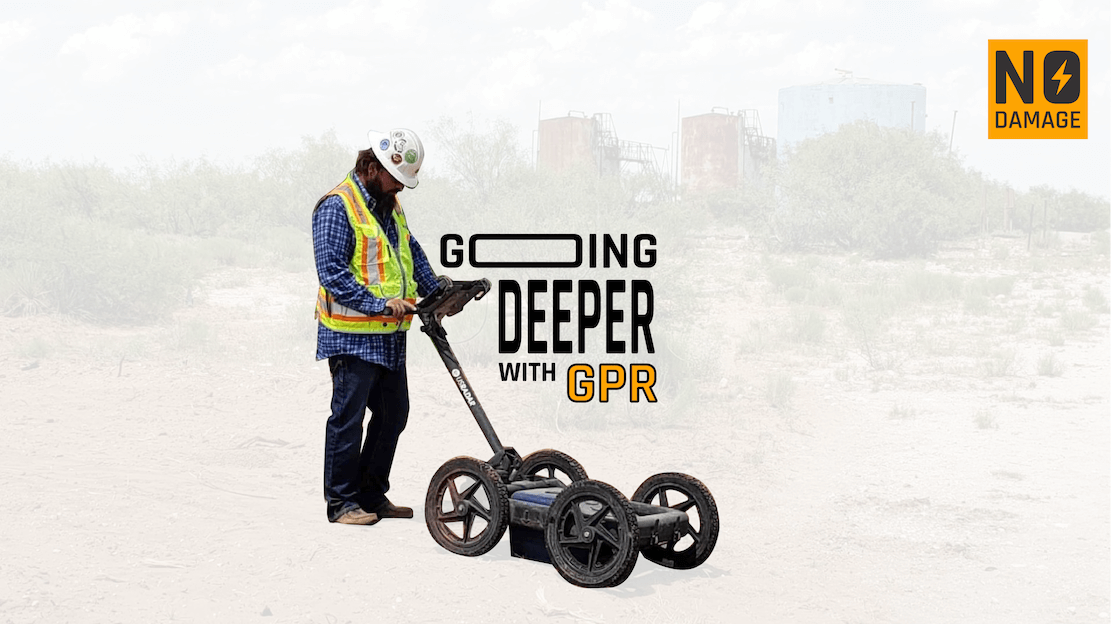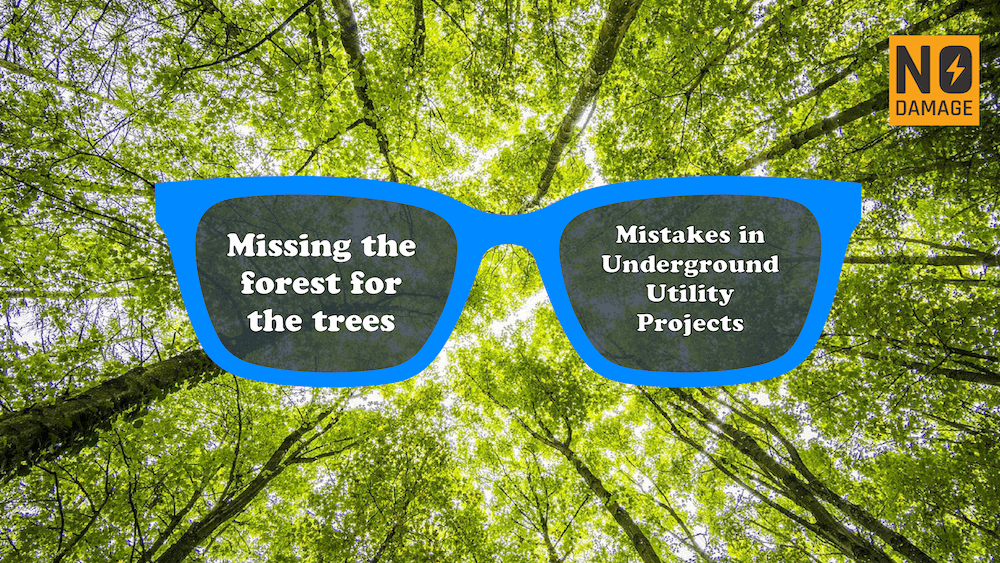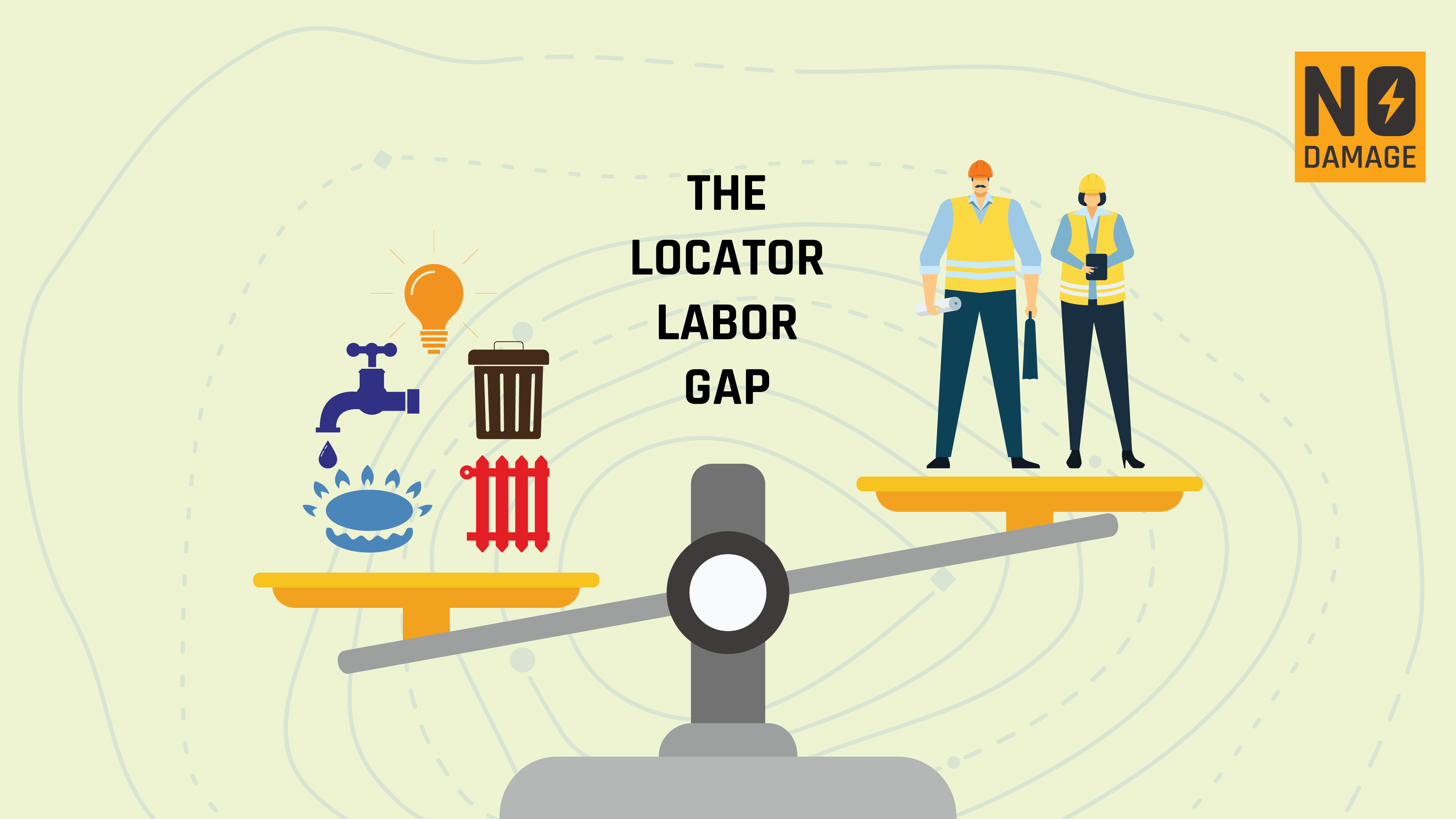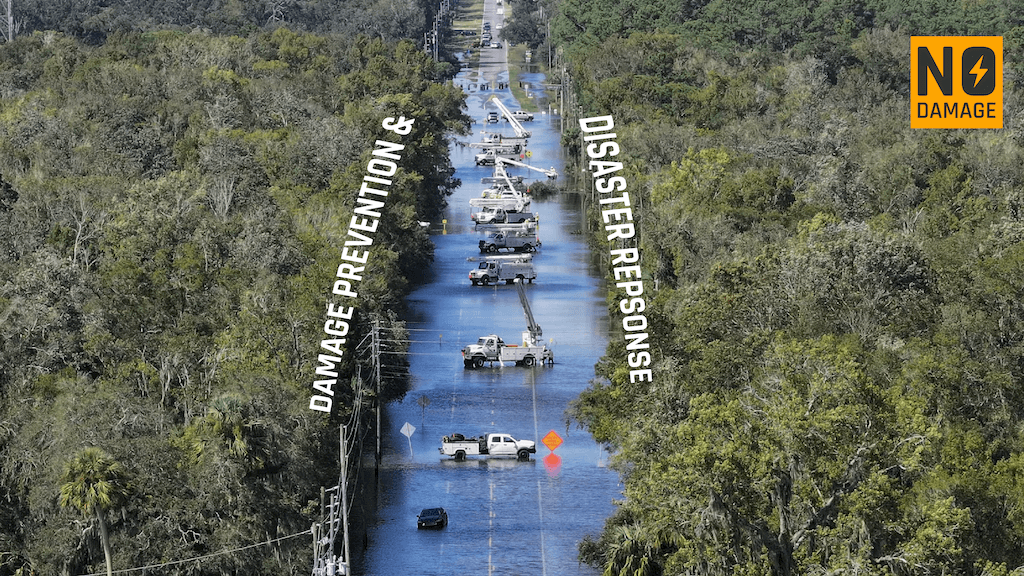
Last Friday, Iowa Attorney General Brenna Bird announced a settlement with MidAmerican, Mediacom, and CenturyLink over violations of Iowa’s One Call law. The One Call law, crucial for the safety of both workers and underground utilities, mandates that anyone engaging in digging, excavating, or trenching activities must first contact the Iowa One Call center to locate and avoid damaging underground utilities.
The Issue
The issue dates back to May 2021 when former Iowa Attorney General Tom Miller sent warning letters to these companies for their failure to timely and accurately locate their underground facilities. Despite the warnings, complaints continued to pour in, prompting an investigation by Bird’s office. The investigation revealed significant violations, although the companies were noted for their receptiveness and proactive engagement during the probe.
Attorney General Bird acknowledged the improvements made by the companies but emphasized the importance of compliance with the One Call law for public safety. As part of the settlement, each company will pay $50,000 in civil penalties by August 1, 2024.
While the settlement is a step towards accountability, it raises the question: Are the penalties sufficient to deter future violations? For large corporations like MidAmerican, Mediacom, and CenturyLink, a $50,000 fine is arguably a minor inconvenience—a slap on the wrist. These companies, with their substantial revenues, are unlikely to feel the financial pinch of such penalties.
In contrast, the potential damage from non-compliance is far more severe. Striking a gas pipe or an electric line can lead to catastrophic injuries, significant project delays, and inflated costs. The risks far outweigh the fines, highlighting a critical gap in the enforcement of the One Call law.
What might be more effective than the financial penalties is the public scrutiny that accompanies such settlements. Public shaming, in this instance, serves as a potent tool for enforcement. When companies are publicly called out for their failures, it can impact their reputation and, by extension, their business operations. The prospect of losing public trust and facing media backlash may drive companies to adhere more strictly to the regulations than the fear of monetary penalties.
Attorney General Bird’s statement underscores the importance of the One Call law in protecting Iowans and underground infrastructure. However, for true deterrence, there may be a need for more substantial penalties or additional punitive measures that more significantly impact the companies’ operations and bottom lines.
Wider Problem
An article from Legal Dive entitled, "Big fines aren’t burdensome for many companies, analysis finds" emphasizes a critical point: large fines often fail to deter major companies from non-compliance. Iowa One Call, (and any other 811 center) facing this challenge, might need to explore alternative strategies to ensure adherence to safety protocols.
One approach could be to implement a system of graduated penalties. Instead of imposing a flat fine, the penalties would increase progressively with each subsequent offense. This system would create a more substantial financial deterrent for repeat offenders, encouraging them to comply with regulations more consistently.
Another effective strategy could involve public accountability. By publicizing violations and naming the offenders, Iowa One Call could leverage the power of public scrutiny. Companies, wary of damage to their reputations, might be more motivated to adhere to safety protocols to avoid negative publicity.
Additionally, enhancing educational initiatives could play a crucial role. Offering comprehensive training and resources to utilities about the importance of obtaining locates before commencing work might foster a culture of safety and compliance. This proactive approach can help prevent violations by addressing the issue at its root.
Collaborative efforts between Iowa One Call and the utilities could also be beneficial. Establishing partnerships to develop more effective compliance strategies and communication channels can create a cooperative environment where both parties work towards a common goal of safety and adherence to regulations.
Conclusion
In summary, while large fines might not be sufficient to deter big companies, a combination of graduated penalties, public accountability, educational initiatives, and collaborative efforts could significantly enhance compliance and safety. Ultimately, while the settlement marks progress, it also highlights the need for stronger deterrents to ensure consistent and diligent compliance with safety regulations. As the state continues to monitor and enforce the One Call law, it will be crucial to evaluate the effectiveness of these measures and adjust them to safeguard public safety and infrastructure effectively.
Share this Post
